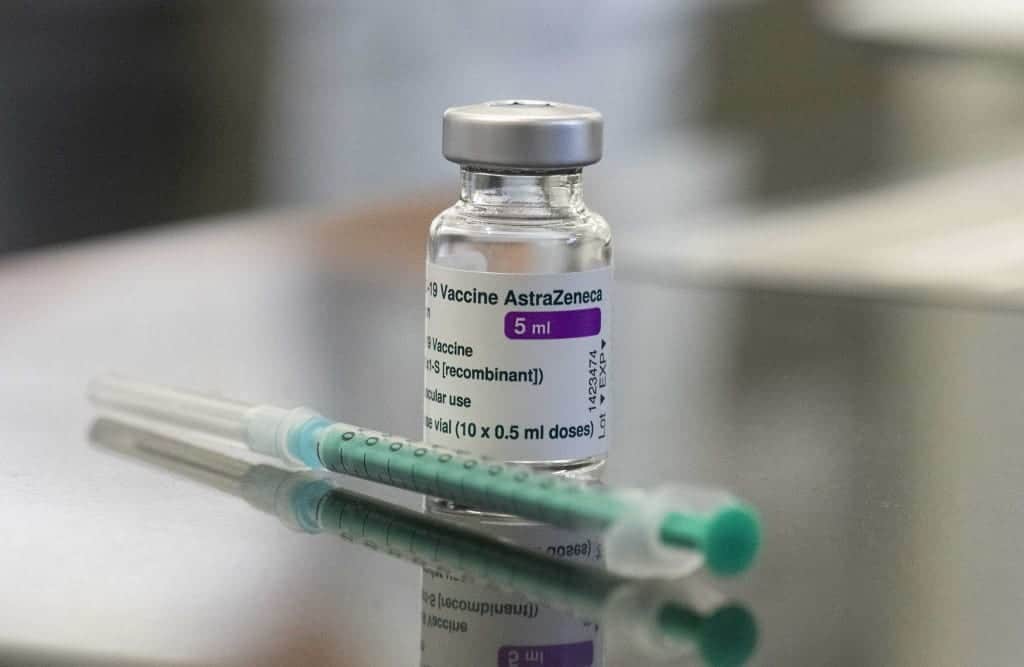Costa Rica on Monday began to apply the AstraZeneca vaccine by first inoculating its Minister of Health, at a time when the Anglo-Swedish firm is under observation for unusual cases of clots in some patients around the world.
“It is a vaccine (AstraZeneca) that, although it has had some controversies, has shown that it is highly safe,” said Health Minister Daniel Salas.
The official led a group of 10 health workers who received the injection during an act broadcast live on television news and social networks, amid concern in the population about rare cases of thrombosis in vaccinated people in Europe .
“It is an important day for our country as it increases our hopes of immunizing a greater number of people against Covid-19, thereby preventing people from becoming seriously ill,” said Román Macaya, president of the Costa Rican Social Security Fund (CCSS), which runs the public hospitals.
The Central American country of 5 million inhabitants intensified vaccination at a time when it is experiencing a rebound in infections, which went from 300 or fewer cases a day since January to more than 1,000 a day in the last week.
Recipients of the AstraZeneca vaccine will receive the second dose 12 weeks after the first inoculation, the Ministry of Health said.
In addition to Salas, the Vice Minister of Health, Pedro González, the coordinator of the vaccination program, Leandra Abarca, and Macaya were vaccinated on Monday.
Costa Rica received an initial batch of 43,200 doses of the vaccine through the World Health Organization’s Covax mechanism, which seeks to ensure that all countries have access to inoculation against the coronavirus.
In May, Costa Rica expects to receive an additional 200,000 doses purchased directly from AstraZeneca, while it will continue to receive weekly batches of the Pfizer vaccine, which began to be applied in the Central American country at the end of December 2020.
AstraZeneca’s will initially be applied to health workers and other sectors exposed to contagion, such as police, firefighters and first responders.
It will then begin to be applied to educators, while adults over 58 will continue to receive the Pfizer vaccine.






